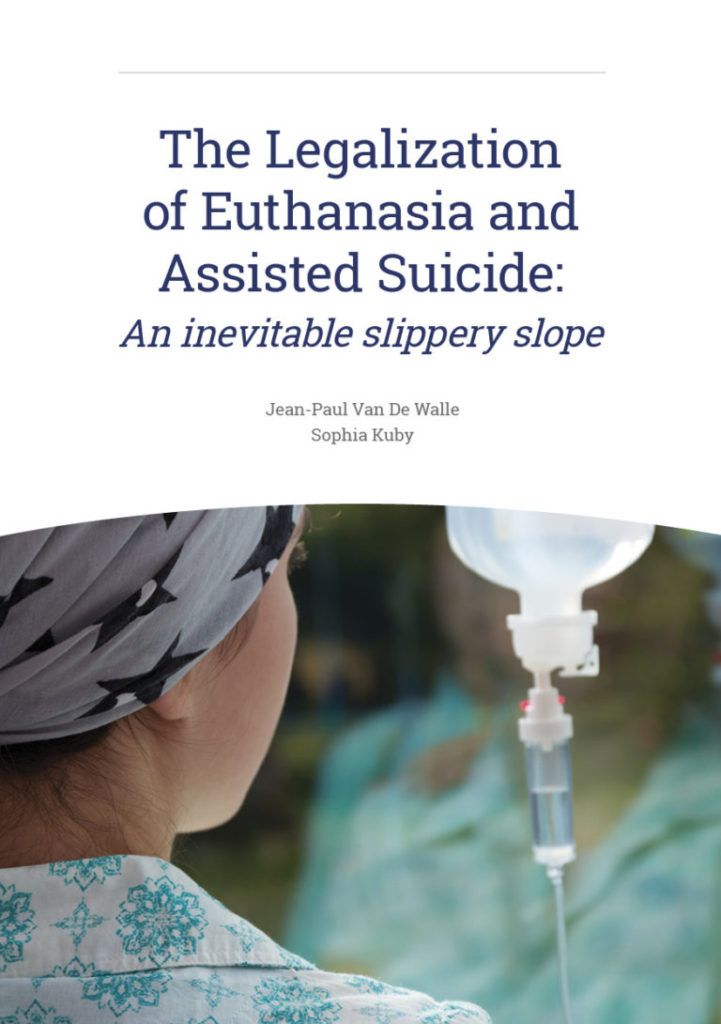ADF International welcomes Germany’s top administrative court ruling on euthanasia – Statement by Dr. Felix Böllmann: “Difference between alleviation of suffering and killing has been confirmed.”
ADF International today filed a complaint requesting the UN Working Group on Arbitrary Detention to declare Yahaya Sharif-Aminu’s prosecution contrary to international law.





